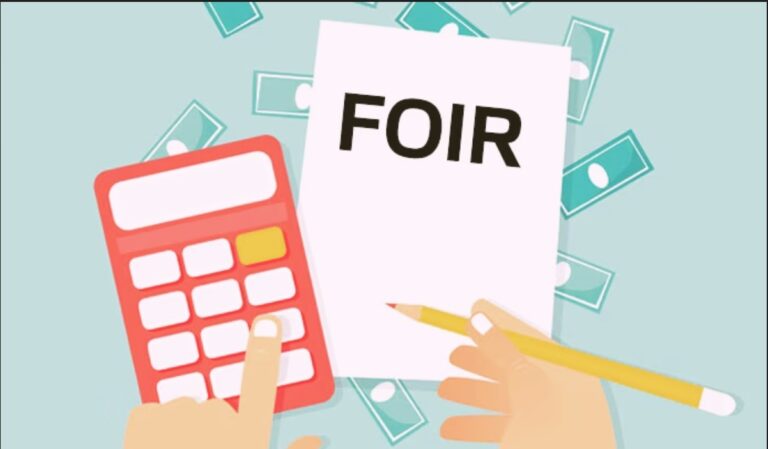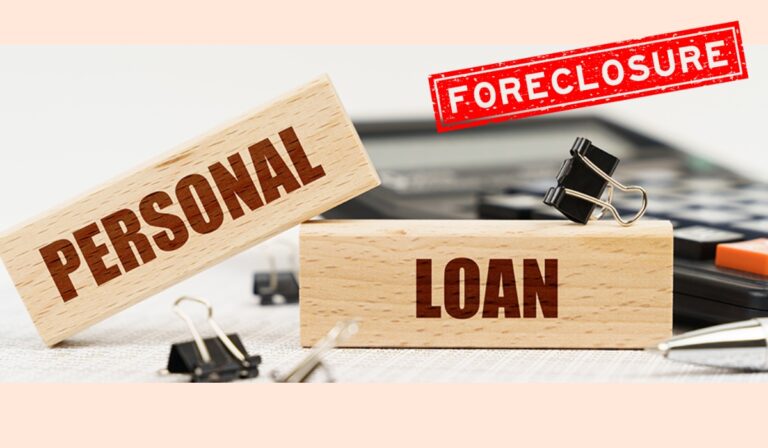A personal loan is a lump-sum financial product that is typically unsecured, providing individuals with funds for specific needs like debt consolidation. Repayment occurs in fixed monthly instalments over a set period, with interest rates that are either fixed or variable. This structure suits those requiring a defined amount for a particular purpose with clear repayment terms.
However, for a credit card, it is a revolving credit line with a predetermined limit. Offering flexibility, users can borrow, repay, and borrow again. Credit cards allow variable payments, with perks like rewards. Misuse can accumulate high-interest debt, emphasizing the importance of responsible usage for sustained financial well-being.
Comparing Credit Card Loan vs Personal Loan
When considering personal loans vs credit card loans, it’s essential to understand their differences. A Credit card is a revolving line of credit that allows users to make purchases up to a predetermined limit, while a personal loan provides a lump sum amount with a fixed repayment term. Credit cards offer flexibility in spending, with the option to pay the full balance or minimum monthly payments, whereas Personal Loans require structured monthly repayments. Now, let’s delve into key distinctions:
| Comparison | Credit Card Loan | Personal Loan |
| Application Process | No additional documentation is required; the lender has personal and financial details. | Certain documents are needed for verification during the application. |
| Loan Amount | Suitable for smaller amounts. | Preferred for larger loan amounts. |
| Loan Duration | Shorter tenure. | Longer repayment tenure. |
| Additional Expenses | No additional expenses except for interest charges. | Processing fees and other expenses are charged, in addition to interest. |
| Interest rates | 2.5% to 3.5% per month, or 30% to 42% per year | 0.50%, and 24% per year |
| Eligibility | Limited to credit card holders. | Open to both bank customers and non-customers. |
| Payment of Loan Amount | Transferred directly to savings/current account. | Paid as a lump sum to the applicant’s account or via cash/cheque. |
| Approval Time | Generally approved within 24 hours. | Typically approved within 3-5 working days. |
| Repayment | Monthly instalments as part of the credit card bill. | Pre-specified instalments within a set period. |
| Maximum Loan Amount | Depends on the pre-approved credit card limit. | Determined by the bank based on income and credit history |
List of factors to consider when choosing between a personal loan and a credit card
When deciding between a personal loan and a credit card loan, several factors should be considered to make an informed choice tailored to your financial needs:
- Purpose of Borrowing: Determine whether the funds are needed for a specific, one-time expense or for ongoing, flexible use.
- Loan Amount: Evaluate the amount of funds required, as personal loans are typically better for larger sums, while credit cards are suitable for smaller, periodic expenses.
- Interest Rates: Compare interest rates associated with personal loans and credit cards to identify the most cost-effective option.
- Repayment Terms: Assess the repayment terms offered by both options, considering the flexibility and duration that align with your financial capabilities.
- Credit Score Impact: Understand how each choice may impact your credit score, as both personal loans and credit card usage influence creditworthiness differently.
- Fees and Charges: Examine additional fees such as processing fees, annual fees, and late payment charges associated with both personal loans and credit cards.
- Credit Limit vs. Loan Amount: Consider the credit limit on a card versus the loan amount available with a personal loan, ensuring it meets your financial requirements.
- Emergency Fund: Assess the availability of an emergency fund and how each option may complement or affect your overall financial safety net.
- Spending Discipline: Reflect on your spending habits and financial discipline, as credit cards may offer more flexibility but require responsible use to avoid accumulating debt.
- Prepayment Penalties: Check for prepayment penalties or charges associated with settling the debt earlier than the agreed-upon term in the case of personal loans.
- Collateral Requirement: Determine if the personal loan requires collateral, which is not typically a requirement for credit cards.
Also, read:
Choosing Between a Personal Loan and a Credit Card
When faced with the decision of choosing between a personal loan and a credit card, it’s essential to weigh various factors based on your financial needs and goals. If you have a specific, one-time expense, like home renovations or a major purchase, a personal loan might be a preferable choice due to its structured repayment terms and potentially lower interest rates. On the other hand, if you need more flexibility for ongoing, smaller expenses, a credit card can offer convenience, especially with its revolving credit line.
How personal loans and credit cards impact credit scores
A personal loan can impact your credit score in various ways, both positively and negatively. Taking out a personal loan is not inherently detrimental to your credit score. However, it can have short-term effects on your overall score and potentially hinder your ability to secure additional credit until the new loan is repaid. Conversely, timely personal loan repayment will likely improve your overall credit score. If you choose to apply for one, it’s essential to thoroughly research and compare your options to qualify for the most favourable loan terms.
When utilizing a credit card, it’s crucial to be attentive to when and how you repay the borrowed funds. Paying the full amount on time can positively influence your credit score. Conversely, consistently making only minimum payments or missing payments can lead to a decline in your credit score. Defaulting on credit card payments has a more detrimental impact than making late payments. Remember that your repayment history significantly contributes to your credit score, underscoring the importance of timely repayment for borrowed amounts.
Tips for managing personal loan and credit card debt
Managing personal loan and credit card loan effectively is essential for financial well-being. Here are some tips that help in managing personal loan and credit card.
- Develop a detailed budget to understand your income, expenses, and debt obligations.
- Focus on paying high-interest debt first to minimize overall interest payments.
- Ensure timely payments for both personal loans and credit cards to avoid late fees and negative impacts on your credit score.
- Establish an emergency fund to cover unexpected expenses, reducing the reliance on credit.
- Consider consolidating high-interest debts into a lower-interest option for easier management.
- Avoid accumulating new debt while working on paying off existing loans and credit card balances.
- Contact lenders to negotiate interest rates or discuss more favourable repayment terms if facing financial challenges.
- Regularly review statements to identify any discrepancies or unauthorized charges.
- Seek professional financial advice or counselling if managing debt becomes overwhelming.
- Develop a savings plan alongside debt repayment to build financial stability for the future.
FAQs
Can I use a personal loan to pay off credit card debt?
Yes, you can use a personal loan to pay off credit card debt. A personal loan can help you consolidate your credit card balances into a single monthly payment and lower your average interest rate.
Is it better to take a personal loan or use a credit card?
The choice between a personal loan and a credit card depends on your needs. If you require cash, both options are viable. A credit card is suitable for short-term debt, while a personal loan is ideal for those who need a longer repayment period.
What are the risks associated with a credit card?
One significant risk with credit cards is the potential for accumulating debt. Their ease of use can lead to overspending, and if not managed carefully, users may find themselves struggling to repay accumulated debt.
Why is a personal loan considered a better option?
Personal loans offer fixed interest rates, predictable monthly payments, and a predefined repayment plan. This predictability makes personal loans a more reliable and transparent option compared to credit cards.
How does each option impact my credit score?
Both personal loans and credit cards can impact your credit score. Timely payments positively affect your score, while accumulating debt or missing payments can have negative consequences.
Also, read:




